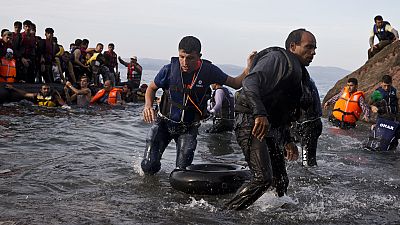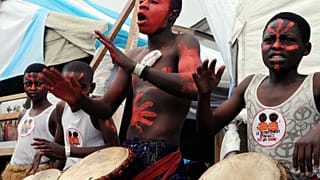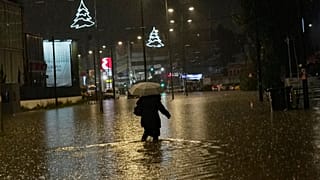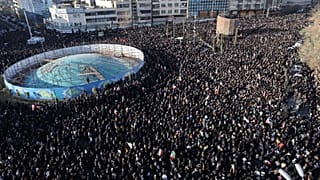Greece
Ten years after the peak of Europe’s refugee crisis, the Greek island of Lesbos remains haunted by memories of desperation, death, and survival.
Back in 2015, the island became the epicenter of migration from war-torn countries like Syria and Afghanistan. Hundreds of thousands of people crossed the short, treacherous stretch of sea from Turkey to Lesbos, often packed into flimsy dinghies. Thousands drowned, including children.
Stratos Valamios, a fisherman who helped rescue many, recalled harrowing moments: “When you saved the mother and the baby drowned… And the mother would say, ‘Why did you save me and let my baby drown?’ Thousands have drowned.”
Among the survivors is Soheib Shehk, a refugee from Pakistan. “Then the borders were open… but I didn’t know where to go, what to do, so I found a job and stayed,” he said. Now, he makes bags out of old life jackets — a symbol of survival.
Lesbos has changed. The infamous Moria camp is gone, tourists are returning, and the island is trying to shift focus. “We want Lesbos to be talked about for its culture and history,” said Mytilene’s mayor, Panagiotis Christofas.
Yet just beyond the beaches, newly built camps and fresh refugee graves remain a quiet reminder: the crisis never truly left.













01:00
Jordan: Prince Harry and Meghan visit Gaza evacuees in WHO mental health mission
01:10
UN Goodwill Ambassador Kristin Davis meets refugees in South Sudanese
00:15
Gaza peace plans tops agenda as Egypt hosts Greek and Cypriot FMs
00:27
Malian refugees turn to firefighting to give back to their communities in Mauritania
01:00
Gaza's displaced struggle with heavy rain and cold weather in fragile tents
02:16
40,000 flee DRC fighting into Burundi